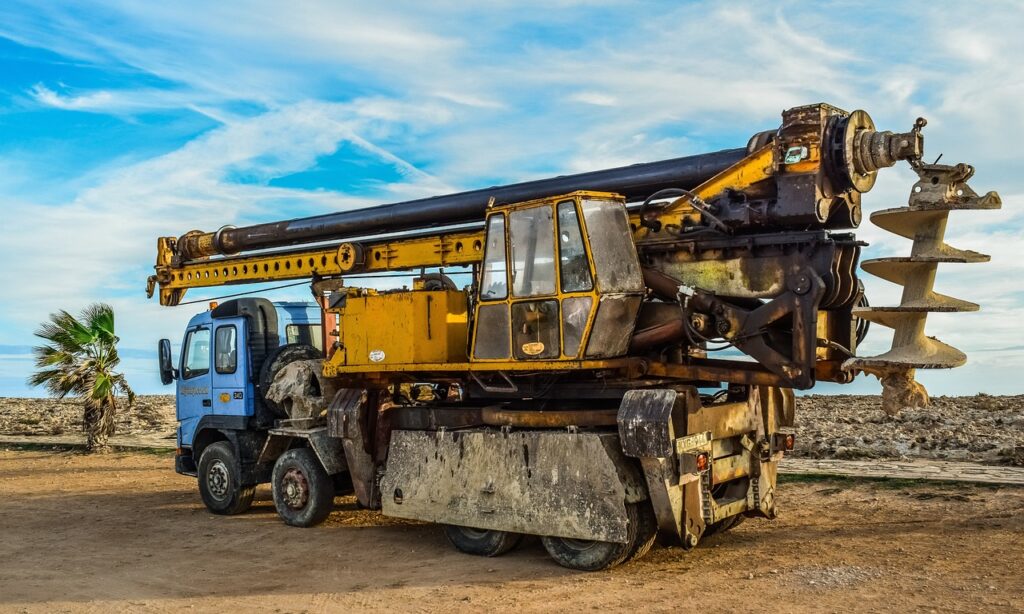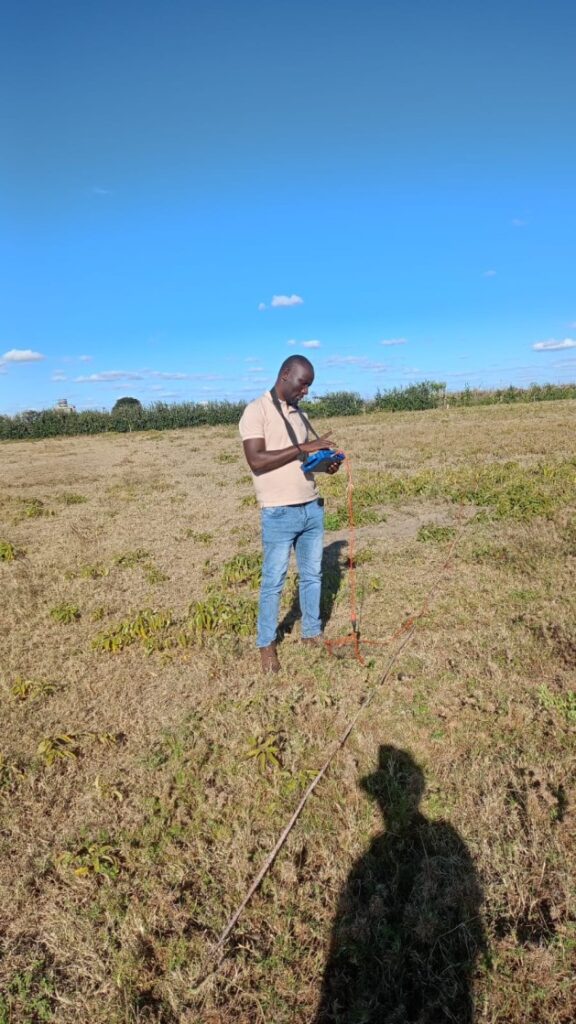When you think about digging deep into the ground to find water, there’s much more than just drilling.
One of the most essential parts of this process is called “casing.”
But what exactly is the casing, and why do we need it in borehole drilling?
Let’s dive in!
What is Casing?
Imagine you’re digging a bottomless hole.
As you go deeper, the sides of the hole might start to collapse or get filled with dirt and rocks.
That’s where casing comes in!
The casing is like a strong pipe placed inside the hole to keep it open and protect it from collapsing. It also helps prevent mud and dirt from falling into the water or oil we’re trying to get to.
Why is Casing Important?
The casing is super crucial for a few reasons:
- Protects the Hole: Without casing, the sides of the hole could collapse, making it impossible to keep drilling or get clean water.
- Keeps the Water Clean: It blocks dirt, rocks, and other junk from entering the water.
- Keeps Us Safe: Casing helps keep dangerous gases or materials from mixing with water or oil.
Types of Casing
Different types of casing help at various stages of drilling:
Surface Casing:
This is the first layer of casing, and it helps protect the hole right near the surface.
Intermediate Casing:
This type is added deeper down to give more support.
Production Casing:
This casing is used when we collect water from the hole.
Liner Casing:
This extra layer is used for deep holes to stabilize everything.
How is Casing Put in Place?
Putting in casing isn’t as simple as just dropping it into the hole. There are steps to make sure it’s done right:
- First, We Drill the Hole: The borehole is drilled to the depth needed.
- Next, the Casing is Inserted: The strong casing pipes are carefully placed into the hole.
- Finally, Cement is Added: Cement is poured around the casing to keep it steady and in place.
What are Casings Made Of?
Casings are usually made from materials that can handle harsh conditions:
Steel Casing
It’s super strong and can handle deep, heavy drilling.
PVC Casing
This plastic type doesn’t rust and is a good choice for shallower wells.
Why is Good Casing Important?
Suitable casing keeps the borehole working well for many years.
It helps protect the water, keeps the hole from collapsing, and even helps the environment by stopping pollution from getting into the groundwater.
What Could Go Wrong with Casing?
Sometimes, casing can have problems:
- Casing Failures: If the casing isn’t strong enough, it can break or get damaged.
- Ground Movement: If the ground shifts too much, it can crack the casing. But don’t worry; there are ways to fix these issues.
Conclusion
Casing might sound like a small part of borehole drilling, but it’s one of the most essential parts.
Without casing, boreholes wouldn’t be safe or work for very long.
At Bonvic Drilling Company, we make sure every borehole we drill is solid and secure by using the best casing practices.
Ready to Get Started?
If you’re thinking about drilling a borehole and want it done right, contact us at Bonvic Drilling Company.
We’ll make sure your borehole is safe and long-lasting!
Contact us today to learn how we can help you access the water your community needs!
You can find us on Facebook, YouTube, and TikTok for more insights and success stories.


